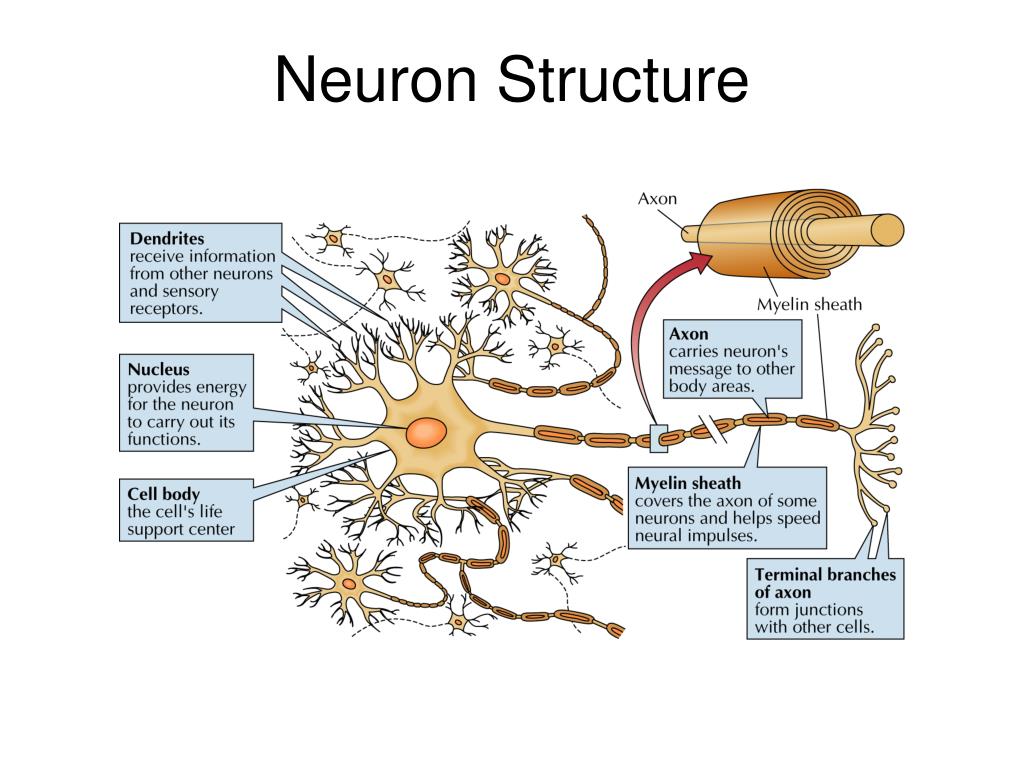DBT
Contributor
That's not a very accurate statement, actually. Prior beliefs heavily influence perception, right down to the neurochemical reactions that make up your neural architecture - attention, perception and memory are all cognitive processes in their own right, prone to influence from the ordering mechanisms of your nervous system. And even if perception itself were somehow flawless, it would do you little good, as the signals from your nerves mean nothing until your brain has processed them all, and cognition is a process even more clearly compromised. We are our only observers of our universe, but alas, we are not reliable observers of our universe. This part of the reason the sciences, by seeking out coherence within multiple observer's perceptions rather than blindly trusting one source of authority, are so incomparably valuable to all of us.The senses have no beliefs, they transmit information to the brain.
The brain and senses evolved according to physical conditions in the world, not belief. Unconscious physical processes have no beliefs. Beliefs emerge much later in the process.
The word 'belief' itself is really a folk-term that describes an underlying feature of epistemology. What you're calling 'belief' is just validated knowledge under a set of assumptions and sensory input, rightly or wrongly. One could argue that all knowledge falls under this category, regardless of it's veracity.
Which speaks to Politesse's point that our perception of the world is ultimately constrained by what we know, or maybe more accurately, what we think we know.
Belief comes in different shades and flavours, faith based, imagination, illusion, evidence based, justified true belief.....
There's been a lot of writing done on the nature of knowledge, what it is, where it comes from. I'm not an expert by any means but I believe everything you've listed would fall under the umbrella of knowledge.
I'm not sure how to communicate this well because we seem to be coming from a different place here. I'm not trying to argue that an erroneous belief is a fact. I'm arguing that knowledge is something derived and known to be true by the perceiver, regardless of whether it's actually true.
From there you can then start making distinctions about that knowledge, e.g. how it was derived, how accurate it is. All knowledge is by definition a belief based on some form of input.
This is important to realize because you start understanding why certain cultures behave the way they do. People in a community can only know as much as the community 'knows'.
If you want to pull in Hume's theory of substances things get even more interesting. Which implies that we can only ever approach a complete understanding of anything, not know it objectively.
There seems to be lot of semantics in play...however, If someone 'knows' that something is true, yet what they 'know' is true is in fact false (people once knew the earth was the centre of the universe), did they have knowledge in the first place, or was it no more than assumption and belief?
I think what you're calling semantics are really just clear definitions. Try reading it again.
Everything we think we know is an assumed belief until we have more complete information. This happened to me very recently in my Sociology thread.
Eventually, on some things, information starts approaching incontrovertible fact, and you know that you know.
Some take their 'assumed belief' to be true and factual information about the world. That what they 'know' to be true is not merely provisional, but that this is the way things stand in fact.

